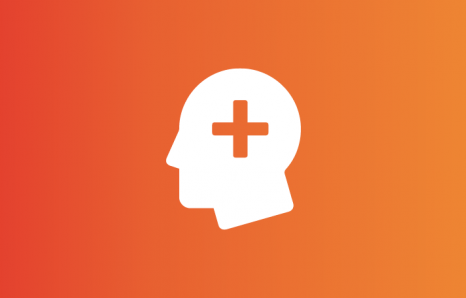We spend most of our time there, so work needs to be a place we thrive. In this session we share the findings of a research project, published by BITC, that identifies how we can take action to transform our wellbeing at work.
You may also be interested in:

Exploring love in leadership
This session on love is not soft and fluffy. Instead Helena Clayton puts forward a view of love that is robust and useful to us all, as she discusses how cultures that are loving are more likely to be high performing, creative, and innovative too.

Re-defining men’s mental health
In this session, we celebrate men, focusing on men's mental health and wellbeing. We delve into strategies for managing stress, fostering resilience, and nurturing emotional balance. We cover the importance of open dialogue and community in breaking down stigmas. Our panel aim to equip men with the tools to thrive mentally, emotionally, and lead fulfilling lives.

Practical tips for managing anxiety
Dr Aaron Balick, a psychotherapist with extensive experience, shares practical tips on managing anxiety. This informative video covers a range of key themes, including symptoms, realisation, breathing techniques, calming yourself, helping others, and different treatments available.
